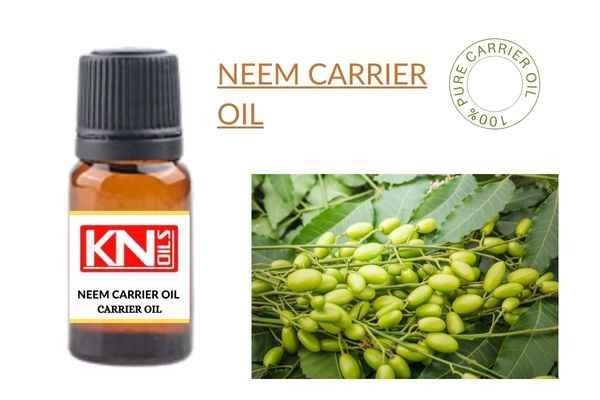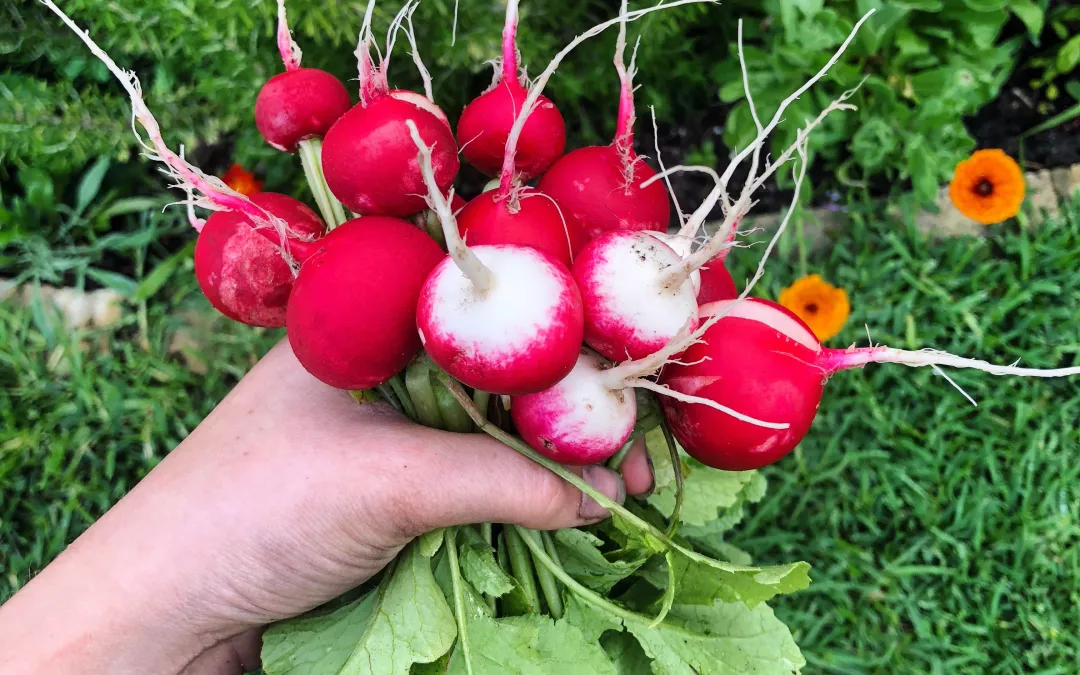What Plants Not to Use Neem Oil on: A Guide to Safe Plant Care
✌️Introduction of neem oil:
 Neem oil has gained popularity as a natural and organic plant care product. It comes from the seeds of the neem tree ( Azadirachta Indica ), native to the Indian subcontinent. Neem oil offers a variety of benefits, including pest control, disease prevention, and overall plant health. However, it is important to understand that not all plants respond well to the application of neem oil. In this blog post, we explore plants that should not be treated with neem oil to avoid potential harm and discuss alternative methods to treat them effectively. Sensitive plants:
Neem oil has gained popularity as a natural and organic plant care product. It comes from the seeds of the neem tree ( Azadirachta Indica ), native to the Indian subcontinent. Neem oil offers a variety of benefits, including pest control, disease prevention, and overall plant health. However, it is important to understand that not all plants respond well to the application of neem oil. In this blog post, we explore plants that should not be treated with neem oil to avoid potential harm and discuss alternative methods to treat them effectively. Sensitive plants:
👉Some plants are particularly sensitive to neem oil, and its use can cause harmful effects. include:
1. Ferns: Ferns are sensitive and have thin, delicate leaves. Neem oil can block the small pores of these leaves, preventing proper breathing and causing possible damage.
2. Desert Plants: Cacti, succulents, and other desert plants often have special leaf structures and adaptations to survive in dry conditions. Neem oil can prevent these adaptations and harm these plants.
3. Orchids: Orchids are highly prized for their intricate and often delicate flowers. Neem oil can leave an ugly residue on the petals, affecting their aesthetics.
👉 Plants with hairy or hairy leaves:
 Plants with fuzzy or hairy leaves, such as African pansies, daisies, and some types of begonias, should be handled with care when considering neem oil. The oil can stick to the fine hairs and prevent the plant from breathing, possibly damaging it.
Plants with fuzzy or hairy leaves, such as African pansies, daisies, and some types of begonias, should be handled with care when considering neem oil. The oil can stick to the fine hairs and prevent the plant from breathing, possibly damaging it.
Newly planted or recently planted plants:
Avoid using neem oil on plants that have been recently transplanted. These plants are often in a delicate state and neem oil can further stress them and prevent their establishment and growth.
✌️Edible plants near harvest:
If you grow edible plants, it is very important to be careful when using neem oil. Although neem oil is generally safe for consumption when used correctly, it is recommended to avoid using it near a crop. This prevents residue from remaining on the edible parts of the plant.
✌️Neem Oil Alternatives:
For plants sensitive to neem oil or gardeners looking for alternative methods, here are some options to consider:
- Insecticidal soaps: These soaps are effective against soft insects and can be safely used on various plants.
- Horticultural oils: Light oils such as mineral oil or dormant oil can be used to control pests without harming sensitive plants.
- Integrated Pest Management (IPM): The use of integrated pest management techniques such as physical barriers, companion planting, and the release of beneficial insects can help control pests naturally and reduce the need for chemical interventions.
Conclusion
While neem oil is a great natural solution for many plants, it is important to be aware of plants that may not respond well to its use. Sensitive plants, hairy leaves, and newly planted plants require alternative treatments. By understanding which plants to treat with neem oil and researching suitable alternatives, you can ensure the health and well-being of your entire garden. Remember that it is always best to research and consult plant-based guidelines to provide the most appropriate care for your beloved plants.
We hope our blog is informative for you. For more information, please contact the famous Indian manufacturer of essential oils, Kanha Natrue Oils.

